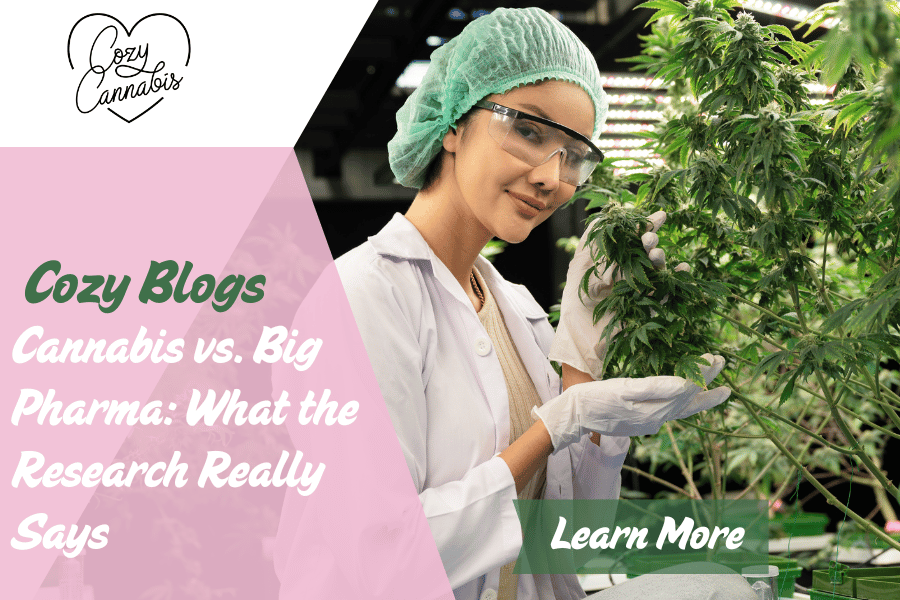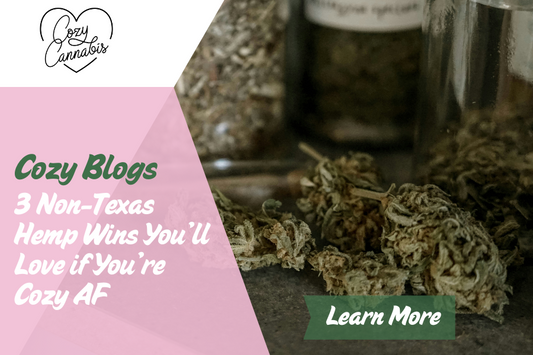
Cannabis vs. Big Pharma: What the Research Really Says
The battle between cannabis and pharmaceutical drugs isn’t new, but as legalization spreads and consumer demand shifts, the conversation is heating up. Some see cannabis as a safer, more natural alternative. Others argue it’s still under-researched and overhyped. So what does the science actually say?
Let’s break down what current research tells us about how cannabis stacks up against Big Pharma’s most common prescriptions.
Opioids vs. THC for Pain Relief
Opioids are incredibly effective but come with major risks: addiction, overdose, and withdrawal. Cannabis, particularly high-THC or balanced THC/CBD products, shows promise as a pain management tool with fewer side effects.
What the research says:
-
Patients report similar relief from chronic pain using cannabis compared to opioids.
-
Cannabis is associated with a reduced risk of dependency.
-
States with legal cannabis access see fewer opioid prescriptions and overdoses.
Anti-Anxiety Medications vs. CBD
Benzodiazepines like Xanax or Ativan can quickly calm anxiety but also sedate and create dependency. CBD interacts with serotonin receptors, helping regulate mood without intense side effects.
Research shows:
-
CBD has anxiolytic (anti-anxiety) properties in both animal and human studies.
-
Users report reduced anxiety symptoms with daily CBD use, especially for generalized anxiety disorder and social phobia.
-
No addictive risk compared to benzos.
Antidepressants vs. Cannabis Compounds
While SSRIs help millions, they often take weeks to kick in and can cause sexual dysfunction, sleep issues, or emotional blunting. Cannabis compounds like CBG, CBD, and low-dose THC offer a fast-acting mood boost for some users.
Early findings suggest:
-
CBD and CBG may act as neuroprotectants and boost dopamine.
-
THCV and low-dose THC can elevate mood without sedation.
-
Effects vary greatly by individual and strain.
Sleep Aids vs. Cannabis for Insomnia
Prescription sleep aids often impair memory, create dependence, and leave users groggy. Cannabis strains high in myrcene, linalool, or CBN can naturally induce sleep with fewer morning side effects.
Study takeaways:
-
Many cannabis users substitute it for Ambien or Lunesta.
-
Indica-leaning or terpene-rich strains show promise for improved sleep quality.
-
THC can disrupt REM sleep over time, so balance is key.
Final Thoughts: Where Cannabis Fits
Cannabis isn’t a miracle cure, but it may be a safer option in many scenarios. The key difference? Cannabis often works with your body’s endocannabinoid system, instead of overriding it like many pharmaceuticals.
Still, more large-scale studies are needed. If you’re considering replacing a prescription with cannabis, always consult a medical professional.
At Cozy Cannabis, we believe in informed choices and responsible use. That means staying updated on science, not just hype.
No comments







0 comments